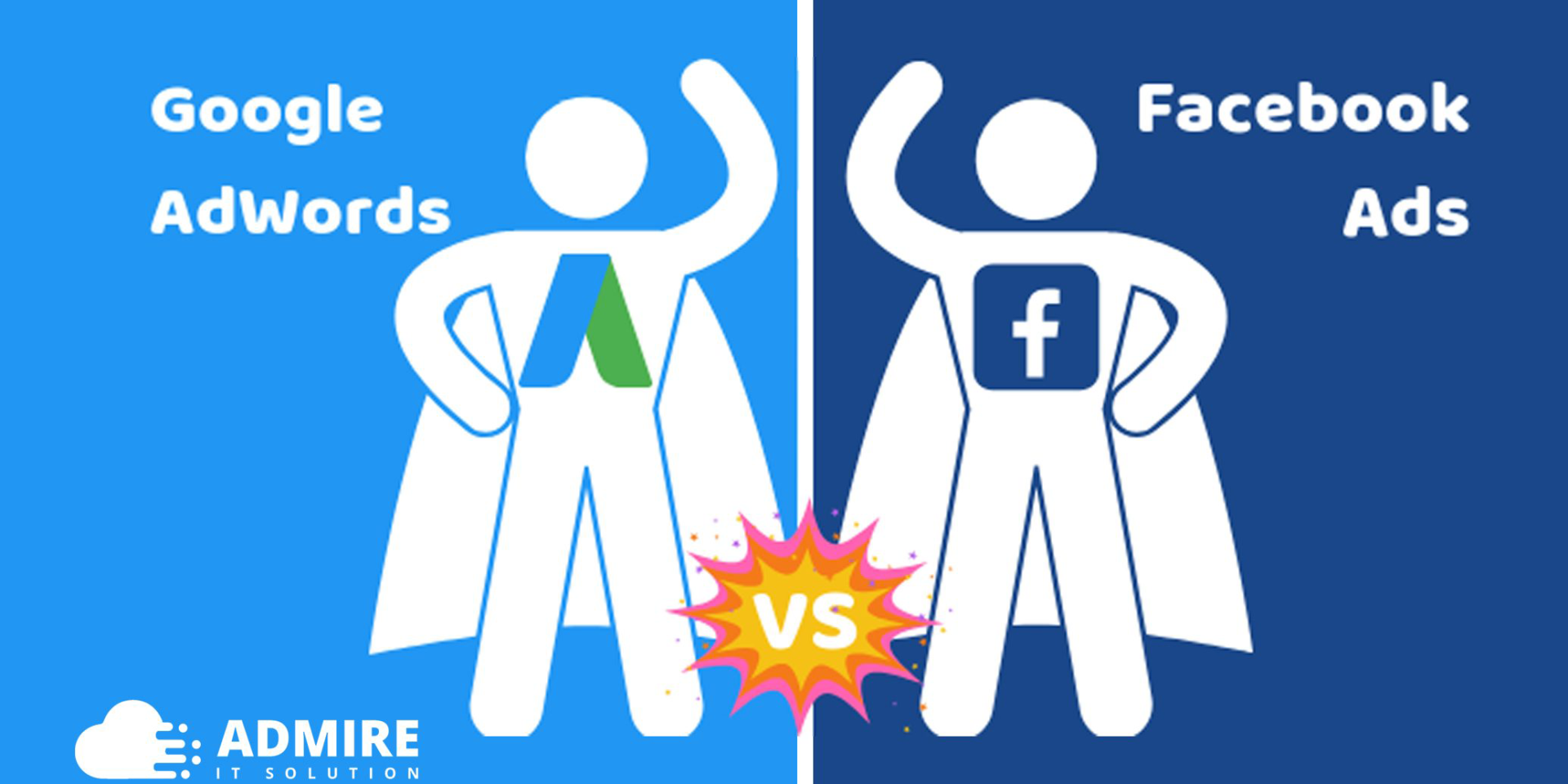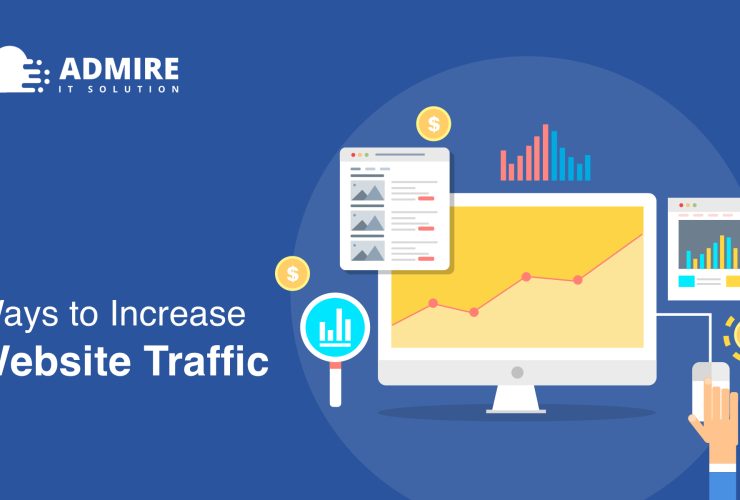Google AdWords Vs Facebook Ads
Google AdWords Vs Facebook Ads
Before jumping directly on that part, where we tell you what better ROI you get in the epic battle of Google Advertising vs. Facebook Ads, start by looking at some major differences between the two.
Google Ads Definition:
Founded in 1998, Google is a search engine that uses approximately 70% of online users to search anything else under the sun.
Really. Thousands of best results related to products, tips, videos, local businesses and much more in a fraction of a second. Google today processes more than 40,000 search queries, more than 3 billion per day and a trillion more every year.
And it has shown this continuous increase since the early 2000s. Imagine how it is and will continue to change the advertising scenario.
Google Ads, formerly known as Google Ad Words, has become one of the world’s largest and most popular pay-per-click advertising platforms.
This means advertisers pay only when a user clicks on their ad on this platform. Other search engines also use similar technologies for their advertising platforms.
But Google is usually used by consumers and advertisers; the paid search is equally the most famous with Google ads.
Facebook Ads Definition:
If Google ads are known as popularly paid search, then Facebook ads have been given the title of socially paid.
The change in consumer behavior and patterns has given rise to social media veterans who allow consumers to connect with their friends, voice concerns about their experiences, and connect with topics and businesses they like.
Set an example for why Facebook advertisements are so popular among advertisers and business owners.
Looking at such effective user data, it is no surprise that last year alone, Facebook advertising accounted for 25% of all online advertising expenses.
Facebook collects a lot of data Maybe even more than you realize. The pages you like, the topics you attach, your friends, your date of birth, your current location, your vacation in 2017 etc. Imagine how the bank could make such data for advertisers targeting specific users.
Introducing … (please drummer) … Facebook advertising!
For this reason alone, Facebook ads are popular among many small business owners because they provide the ability to point your target customer and only advertise to those who are likely to purchase your product or service…
Today, consult with our digital experts about how (if not) Facebook ads will help you solve your business objectives.
Google Ads vs. Facebook Ads – How They Work
Google ads target business owners based on the search queries entered by users by Google, along with their paid search based offers, which are also known as keywords.
Primarily text-based, the purpose of these advertisements is to show relevant promoted results to users who can further help them in their quest.
From a user’s point of view, when they do a Google search for a particular keyword, they usually show results pages in less than a second.
But at the beginning of each search results page, some of the initial listings (tags on them as “ads” in the form of below) are listings that advertisers have paid to show when that particular keyword is discovered.
Google search listings
From the advertiser’s point of view, the Google Advertising Platform lets them create campaigns that will only appear when users search for a keyword that they want to advertise.
For even more targeted approaches, local businesses can target people searching for their keywords in specific geographic areas.
In this way, they do not pay for clicks on a customer in Wyoming, which will probably never go to their mechanic shop in Florida.
Once these campaigns are set up, your ads enter the bidding period with those advertisers who have chosen similar keywords.
And finally, Google will show the ad that has the highest bid and the most relevant content. Of course, there is an army of tools provided by Google to set up these campaigns, but these are the basics that you need to know.
On the other hand, Facebook Ads lets you target your ad based on the behaviors and patterns chosen as the targeting profile on your platform.
Unlike Google ads, it is not based on the user’s search query. Not only does it provide a wide range of targeting options based on demographics, but it also allows an advertiser to target users based on their behavior, likes, and dislikes.
Conclusion:
Of course, in this special debate, we had a clear winner. But the major debate over paid search versus paid social is clearly one which requires a lot of testing with many different variables.
We also understand that the answer is not always as easy as we are discussing today. The choice depends on various factors like your business objectives, types of your business or your client’s audience.
Everyone has the same role as the success of a campaign and the ROI acquired.
Choice cannot always be clear. But we often recommend business owners looking forward to ROI and consider running a campaign based on the total value put into your business – even in the case of Google ads versus Facebook ads.
There can be anything from building value brand awareness to reaching potential customers or making more leads, conversions, and purchases.
We want to wrap it up and leave it with the following ideas:
Google ads will help you find new customers right away, and in the process, you will immediately benefit from your marketing investment.
While Facebook advertising will help new customers find and explore you. And in this way, you get better ROI in the long run.



